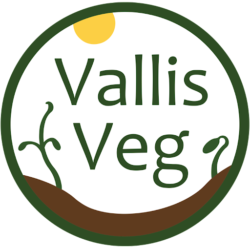There are two aspects of biodiversity in agriculture – the diversity of the wildlife with which we coexist on the farm, and the diversity of the crops and livestock we actually use in our farming.
On the first count, there seems to be a lively debate among the experts about whether habitat diversification on any particular farm – especially a small one like ours – makes much difference to the overall diversity and wellbeing of local wildlife. We’ve certainly diversified the habitats on our site over the past ten years by managing our grassland extensively, planting coppice woodland, developing wetland habitats and constructing wildlife friendly habitats such as beetle-banks, attractant plants for insect predators and shelters for small creatures such as snakes and hedgehogs. We don’t know if this has helped our local wildlife much, but we like to think at least it hasn’t done it any harm – and we’ve noticed a wider variety of wildlife on the site as the years have passed, including a veritable buzz of insects on hot summer days that you certainly don’t hear in arable fields. We’ve written a bit more about aspects of this on our blog – for example, here. We’re also trying to follow through on recommendations in the Ecological Report that we commissioned for the site (also available from the menus to the left).
In terms of cultivated biodiversity, market gardening with its plethora of different crops is intrinsically more diverse than arable farming with its focus on just a handful of mostly cereal crops. Although arable staples are an important component of the diet, there’s a good case for eating a more diverse diet of fresh local fruit and vegetables and so we like to think we’re doing our bit on that front! Retaining genetic diversity within particular crop or livestock varieties is also important. We try to do what we can here by keeping rarer and older breeds of livestock, by saving and breeding some of our own plant seeds and by otherwise buying where possible from thoughtful seed suppliers such as the Real Seed Company which emphasise diverse, open-pollinated plant varieties.
